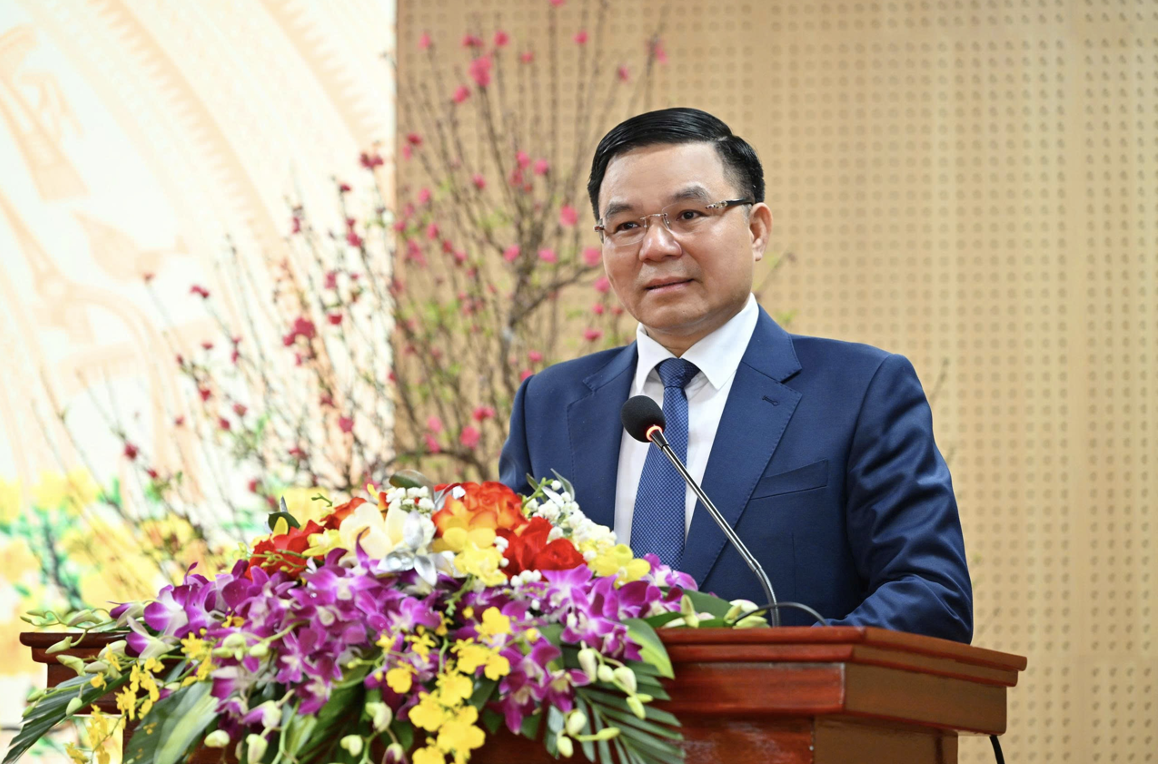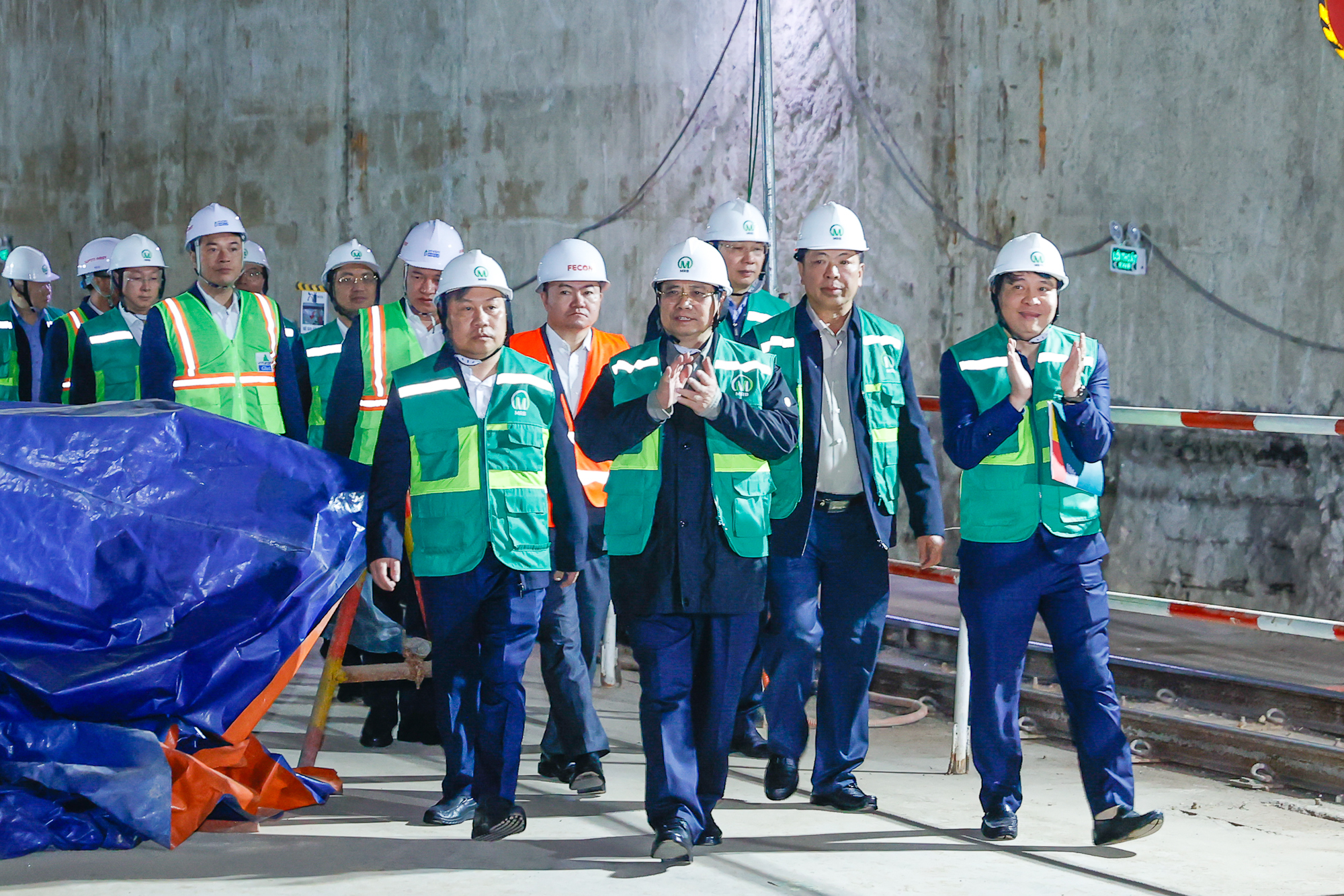
Vietnam’s fruit and vegetable exports to EU triple in four years
19:05 | 23/03/2025 20:40 | 23/02/2026Trade
The recently approved Resolution 198/2025/QH15 by the National Assembly ushers in a promising new chapter for Vietnam’s private sector and innovative enterprises.
 |
| Resolution 198/2025/QH15 marks a profound shift in the government’s policy mindset toward the private sector. |
With a comprehensive package of tax incentives, fee reductions, and support for science and technology development, the Resolution is more than just a set of financial perks. It reflects the State’s strong commitment to fostering a transparent, business-friendly environment that lays the groundwork for sustainable development and deeper global integration.
Resolution 198/2025/QH15 marks a profound shift in the government’s policy mindset toward the private sector. Once viewed primarily as a supplementary component, this sector is now recognized as a key pillar of Vietnam’s market economy.
To turn this vision into reality, tax policy has been designated as a catalytic tool—relieving cost burdens, boosting capital accumulation, enhancing technological innovation, and supporting business expansion.
A notable highlight of the Resolution is the policy to reduce land rental fees by at least 30% for the first five years for high-tech enterprises, small and medium-sized enterprises (SMEs), and innovative startups operating in industrial zones, clusters, and technology incubators. This move aims to ease initial financial pressures, enabling companies to scale up operations, invest in equipment, and increase productivity.
The exemption of business license fees starting from January 1, 2026, along with the waiver of fees related to the issuance and renewal of official documents during government restructuring processes, also contributes to lowering unofficial business costs. These are practical reforms that simplify administrative procedures, allowing businesses to focus resources on core production and commercial activities.
Particularly noteworthy are the breakthrough tax incentives for innovative enterprises—those expected to lead Vietnam’s digital economy and technological transformation. Innovative startups and their supporting organizations are granted full corporate income tax exemptions for the first two years, followed by a 50% tax reduction over the next four years on income derived from innovative startup activities.
Additionally, income from the transfer of shares or capital contributions by innovative startups is exempt from both personal and corporate income tax. This measure creates a favorable mechanism to attract investment and strengthen the financial capacity of startups.
The Resolution also includes tax incentives for experts and scientists working at startups, research centers, and innovation hubs: Two years of personal income tax exemption, followed by a 50% reduction for the next four years. This is a crucial incentive for attracting top-tier talent and specialists, thereby boosting R&D capabilities and accelerating the commercialization of high-tech products.
Another bright spot in the Resolution is the provision allowing businesses to allocate up to 20% of taxable income to funds dedicated to science and technology development, innovation, and digital transformation. Furthermore, companies are permitted to count 200% of R&D expenses as deductible when calculating corporate income tax. This serves as a powerful incentive for enterprises to ramp up investment in R&D, create high-value-added products and technologies, and improve global competitiveness.
Moreover, the State will support micro and small enterprises, as well as individual business households, by providing free access to digital platforms, shared accounting software, and consulting services in legal, tax, accounting, and human resources. These supports not only reduce management costs but also improve internal governance and accelerate digital transformation.

19:05 | 23/03/2025 20:40 | 23/02/2026Trade

19:05 | 23/03/2025 20:38 | 23/02/2026Trade

19:05 | 23/03/2025 20:30 | 23/02/2026News and Events

19:05 | 23/03/2025 20:29 | 23/02/2026News and Events

19:05 | 23/03/2025 20:14 | 22/02/2026News and Events